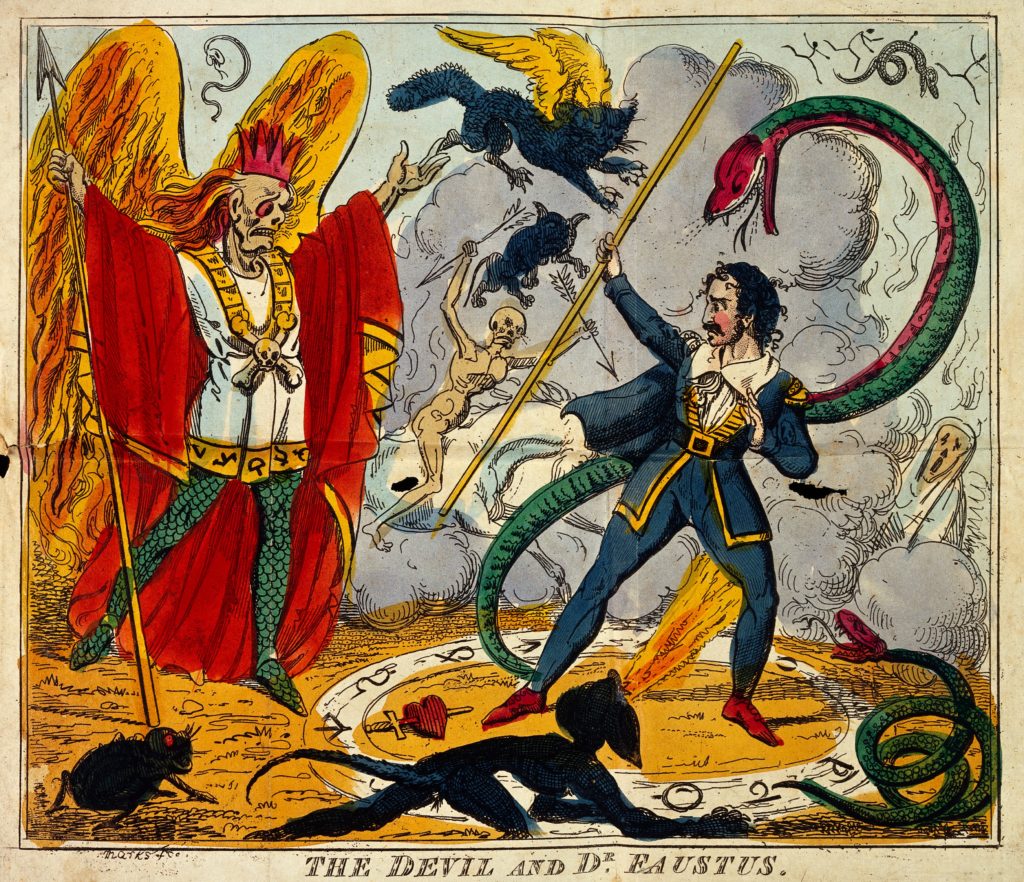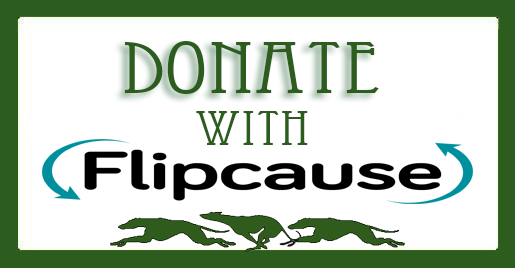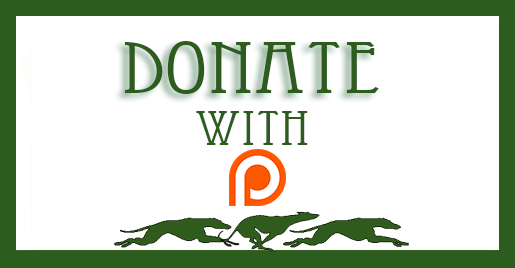
In the several traditions I’ve studied in, among the first things taught were the importance of ritual cleanliness and protection. Even outside of ritual, the practice of raising and maintaining protective shields was emphasized, and it continues to be something I mention frequently in my writings and workshops. The reason for this is that when we’re doing spiritual work, encountering other humans’ energy as well as the energy of other-than-human beings, not everyone has our best interests as their highest priority. They may not even necessarily be antagonistic or predatory – they may simply have motives that inadvertently run contrary to our own.
This desire for personal protection is by no means unique to my religious impulse towards Witchcraft, but runs through many religious and spiritual practices and across millennia, potentially representing some of our earliest human impulses toward the spiritual — asking for intervention or protection.

The Devil and Dr. Faustus. [Credit: Wellcome Library.]
So it was unsurprising when I came across an article that seemed to be written for new seekers, indeed even targeting people who were exploring astrology, Witchcraft and manifestation, warning them to be cautious as they begin exploring spiritual dimensions. What was surprising was that it was in the New York Times opinion section, written by Ross Douthat, a conservative Catholic. Douthat has a long history of lamenting the waning and indeed collapse (his view) of the traditional institution of Christianity in America.
He has, for example, written extensively about how the United States has completed its move into becoming a heretical state — one which has strayed from the institutional (i.e., church authority), to a more flexible personalized Christianity — which allows people from the LGBTQI+ community in or which permits women to take birth control. In the worldview of Douthat, the Christian Bible is not flexible about what is and is not permitted. Patriarchy, hierarchy and misogyny are part of the sickly stew. But that should come as no surprise from someone who has vocalized his support for Opus Dei, the secretive and cult-like archconservative organization within the Catholic Church which, among its many accolades, supported Spain’s fascist dictator, Francisco Franco.
Douthat neatly discredits everyone who comes from a non-Christian, and especially non-institutional, mindset. “Even some people who explicitly identify with [W]itchcraft,” he writes, “seem to have this ambiguity in their identification; they are participants in a culture of ritual and exploration, not believers in a specific set of claims,” as if making such claims are the clear pinnacle of religious integrity rather than regurgitated orthodoxy.
Douthat does encourage people to pursue said experiences, however, which is surprising but seems to be motivated by a revulsion to hard materialism, a viewpoint I can support in spite of our enormous differences.
So as Witches, Druids, Pagans, and all the rest, how do we have experiences with the spiritual dimension and also “be really careful” as Douthat implores? Should we take his request seriously at all?
For folks who are new to the experience of the Craft, or who haven’t developed a clear practice and understanding of the metaphysical, not being aware of what could be encountered is a real risk. I love seeing the posts on media such as TikTok and Reddit of people trying to figure these things out, because it reminds me of my own journey. Much like my own experiences, sometimes they’re funny, sometimes they’re scary, but it’s all part of the work of becoming a Witch or magickal practitioner. Just like every other aspect of life, in our mistakes and failures is where we learn the most.
What Douthat hopes is that readers will be scared and run to his god. What many Witches hope for new practitioners is that they will find what they are looking for, including the healing that they need.

Swans on a lake [Foundry, Pixabay]
In my book, Path of the Moonlit Hedge: Discovering the Magick of Animistic Witchcraft, there’s a chapter about encountering land spirits for the first time. I share my first (very unprepared) encounter with a spirit which I believed to be the Everglades itself. After some unpleasant physical effects I wanted to figure out better approaches to meeting spirits of place. While my experience wasn’t necessarily careless, I wasn’t as prepared as I should have been in hindsight. To be clear, the encounter I had wasn’t malicious, just energetically overwhelming. So what should I have done differently? It’s the boring stuff, but also, the most important. I should have worked harder on myself, expected less, and been more humble. Generally, I should have acted with more honor and respect.
TWH hopes you appreciate this article and our reporting. TWH is different from other media sources. We cover the interests of the Pagan, Witchcraft, Heathen, and polytheist community in service to our community.
Our journalism is produced to serve and support our community. Our only means of financial support comes from you. We invite you to invest in our mission and keep Pagan journalism available for the entire community, including those who cannot afford to donate right now. Please consider a small monthly donation.
Thank you!
Honor in my view is cultivated by doing personal healing work. Only by knowing who we are and understanding why we might react the way that we do in certain situations are we able to begin cultivating a personality that is stable enough to establish principles of behavior. This risks developing into an inflexible orthodoxy of its own which emphasizes the need for healing and shadow work to continue throughout one’s life.
In other words: did I act like a schmuck? How did I act like a schmuck? What in my personality and life experiences may have been triggered to make me behave schmucky? How can I bring healing and awareness so I can avoid acting like a schmuck in a similar situation in the future?
Respect is approaching everyone and everything with the reverence that they are part of the great Goddess. I honor the divine spark in all things, but it doesn’t mean I work from a lack of personal safety, either. Physically as well as spiritually manifest beings are potentially dangerous, but it’s important not to act from a place of fear or suspicion. Recognizing situations that might not be the safest is a good part of discernment. Meeting powerful entities, like gods or land spirits, is inherently risky. When we do decide that the benefits of such an encounter outweigh the risks, having clear boundaries, strong protection, and a healthy amount of respect are paramount.
Finally, we must understand that for as long as we are in physical form and maybe well beyond that, we will always experience things through how we’ve learned the way the world works. This is the filter for all of our experiences.
In an essay this week, Christopher Penczak rhetorically asked who speaks for the gods, with the response being only the gods themselves. Messages received from the gods necessarily come through the filter of one’s own personality and ego, and are automatically interpreted as such. His warning was against using received information and trying to apply it to others, a practice frequently employed in institutional Christianity.
“Any communication you get […] is through your filter,” Penczak writes. “It is best for you. When you apply it to others, we start to dangerously approach the territory of Christian moralists telling you to do or not do something because ‘God’ said so, pointing to either a famously mistranslated book or what they feel is self-evident from what they believe about God.”
While Douthat states in his piece that he does believe in powerful spirits and entities outside of his own faith, in his worldview, they are clearly not something he will be interacting with because they are forbidden, and agents opposed to his god.
Approaches like his might offer respect insomuch as they understand the potential power of such entities but they don’t come from a place of personal honor. This happens when a person is staunchly living in a totalitarian worldview which doesn’t allow others the space for pluralism.
As an individual furthers their practice, their relationships with gods, guides, ancestors, and familiar spirits will slowly strengthen the more one works with them, just as any relationship works. If they start telling us that we must revere only them and none other, well, just remember that we’re free to walk right out the door.
For a different perspective on Douthat’s column, see Druid John Beckett’s commentary titled Ross Douthat Is Right: Spiritual Experimentation Is Dangerous.
The Wild Hunt is not responsible for links to external content.
To join a conversation on this post:
Visit our The Wild Hunt subreddit! Point your favorite browser to https://www.reddit.com/r/The_Wild_Hunt_News/, then click “JOIN”. Make sure to click the bell, too, to be notified of new articles posted to our subreddit.

